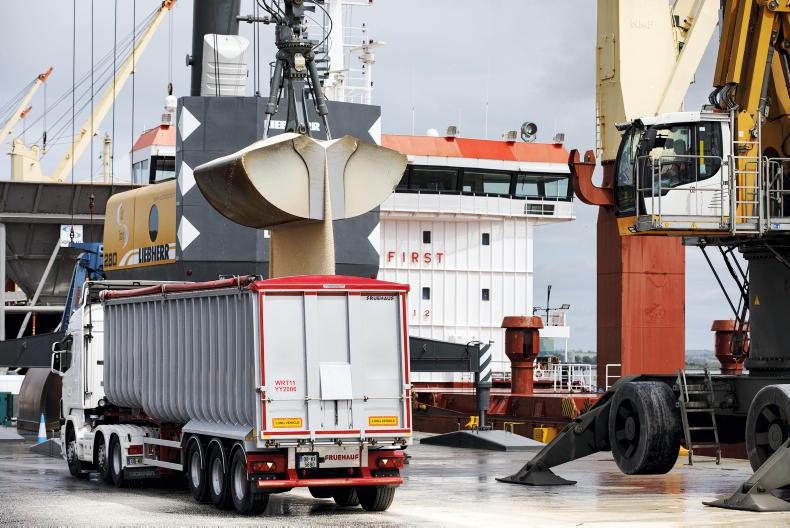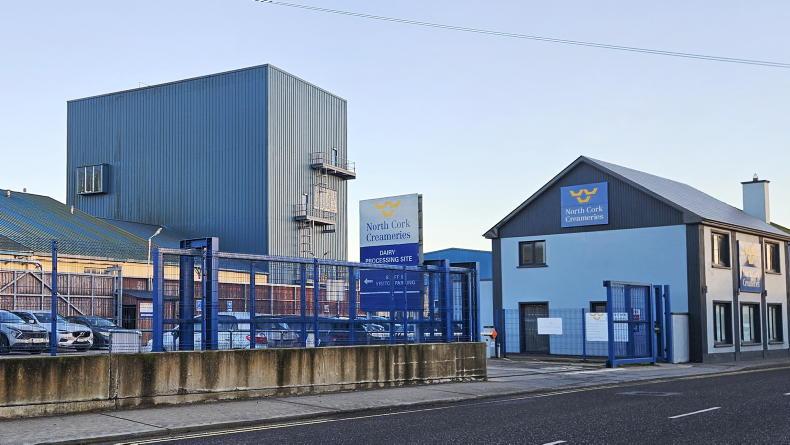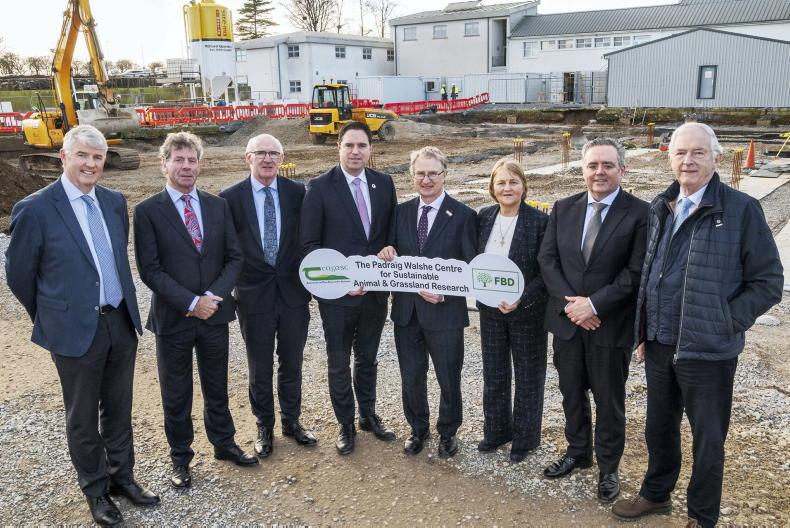I spent a fascinating day in Wexford this week at the fourth international Catchments 2023 conference hosted by the Agricultural Catchments programme. This essentially is a detailed, long-term, on-farm study taking water quality samples every 10 minutes from real farms.
It is a regulatory requirement and is supposed to provide the science for policy review of the nitrate action plan and derogation across soil types and land use.
With delegates from all over the world, the conference highlights the scientific progress or lack of progress on managing nutrients in different parts of the UK and Europe.
A couple of key points. Think of the investment by our Department of Agriculture in funding this catchment programme. Over 22 staff work on the project with an estimated running cost of €2.5m per year. It’s now 15 years on the go.
It’s only one of the various programmes up and going. Include all the other programmes, like the ASSAP, the co-op programmes, the EIP programmes, etc, and you begin to see the investment by the industry and farmers in monitoring, learning and engaging with science to try and solve key issues.
The six catchment regions cover the landholdings of over 300 farmers. These farmers allow their facilities to be used to monitor the environmental impact free gratis.
However, through a wider lens, look at what is happening to the policies these farmers must adhere to. We do the good stuff, build up all this knowledge and bring farmers on board in terms of understanding and management.
Then we bring in broad brush-stroke rules, like the organic nitrogen derogation reduction, that limits stocking rate on practically all Irish farms.
Lazy decisions
Lazy policy decisions that are not specific to a county or catchment do nothing to bring farmers on the journey of participation and adoption.
Farmers invest hundreds of thousands of euro in managing nutrients. They participate in programmes like the Agri Catchment programme.
Then in contravention of what we know is right from all the learnings, we treat every problem the same – irrespective of nutrient, site, or challenge and subsequently wonder why water quality isn’t changing.
Protect
This week, Teagasc director Frank O’Mara has weighed in publicly on the nitrates debate by suggesting Ireland needs to protect and defend its grazing system and organic nitrogen derogation.
Speaking in Wexford, the Teagasc boss said Ireland has a unique grass-based grazing system and if we lower the importance of grass, then the drivers to adopt intensive indoor systems increase.
O’Mara went on to explain that some farmers will see a 30% drop in profit or up to €700/ha as a result of the recent and proposed derogation changes. Try telling a farmer with 50ha that he/she is going to be down €35,000 in profit because of this blanket reduction rule and see how you get on.
The Teagasc boss called out three key reasons why the derogation is important for Ireland
Better again, try telling him or her that if they are also making loan repayments after investing thousands of euro in facilities.
You will soon see how we are losing farmers on this issue. You’ll soon hear the frustration.
The Teagasc boss called out three key reasons why the derogation is important for Ireland.
Animals graze largely on human inedible protein (grass): it’s a system where animals graze outdoors so welfare is optimised, and the grazing system maximises carbon sequestration and hence reduces emissions from these soils.
Some might ask, if we look at water quality results for the last seven years and we are not seeing improvement – hence is the EU justified in making this cut? What I say in reply is there are other much more practical and meaningful solutions that allow farmers help in solving this water quality issue.
The conference highlighted the scientific advances that have been made thus facilitating the Right Measure: Right Place concept.
Farmers are willing to engage and invest substantially in many of those options whatever that may look like. However, our Department and the EU seem intent on carrying out a blanket stock reduction on some of our best farms at managing nutrients.
Speaker after speaker in Wexford highlighted tailored solutions depending on the nutrient challenge, yet we are imposing a “one size fits all” fix.
It’s no wonder farmers are frustrated and disillusioned.
It makes you question why we invest so much in science because then when it comes to formulating policy, we don’t even use the old science, not to mind the new science.
There is a very real danger we are going to lose farmers on this water improvement journey.
Think about what that will mean for a moment.








SHARING OPTIONS